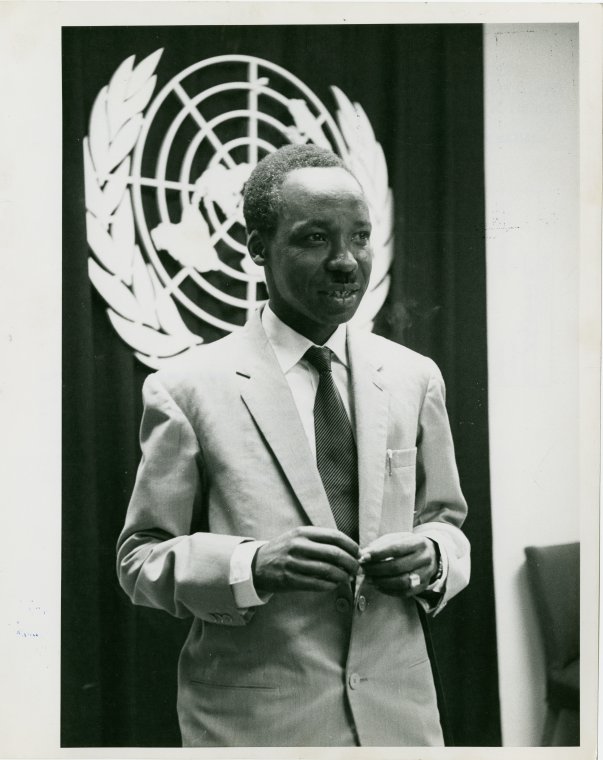
Every May 25th, the African continent unites to commemorate Africa Day—a celebration of independence and a long and complex journey toward unity and sovereignty. At its heart lies the African Union (AU), a continental body born from the vision of a self-determined Africa, free from colonial dominance, economic subjugation, and foreign political interference. Understanding the origins of Africa Day is to understand the historic resistance to colonialism, the dream of pan-Africanism, and the leaders who fought for a future where Africans would define their own destiny.
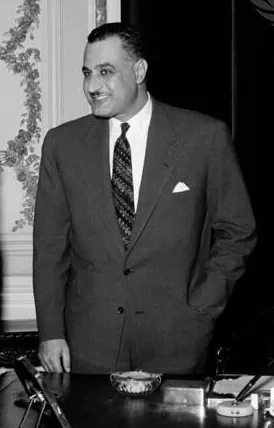
A conversation for the African Union began in the early 20th century through the Pan-Africanist Movement—a political and cultural philosophy that emphasized the shared struggles of African people, both on the continent and in the diaspora. The movement called for solidarity among all African-descended people and the urgent need to dismantle colonial systems.
By the mid-20th century, a wave of independence movements was sweeping across Africa. Countries like Ghana (1957), Guinea (1958), and Senegal (1960) broke free from colonial rule, inspiring others to follow. It was against this backdrop of growing nationalism and calls for unity that the Organisation of African Unity (OAU) was formed on May 25, 1963, in Addis Ababa, Ethiopia.
Thirty-two independent African states gathered in Addis Ababa to sign the charter of the OAU, marking a formal commitment to decolonization, territorial integrity, and collective development. The formation of the OAU was a turning point in African diplomacy—a recognition that Africa needed to speak with one voice on the global stage.
Kwame Nkrumah (Ghana):
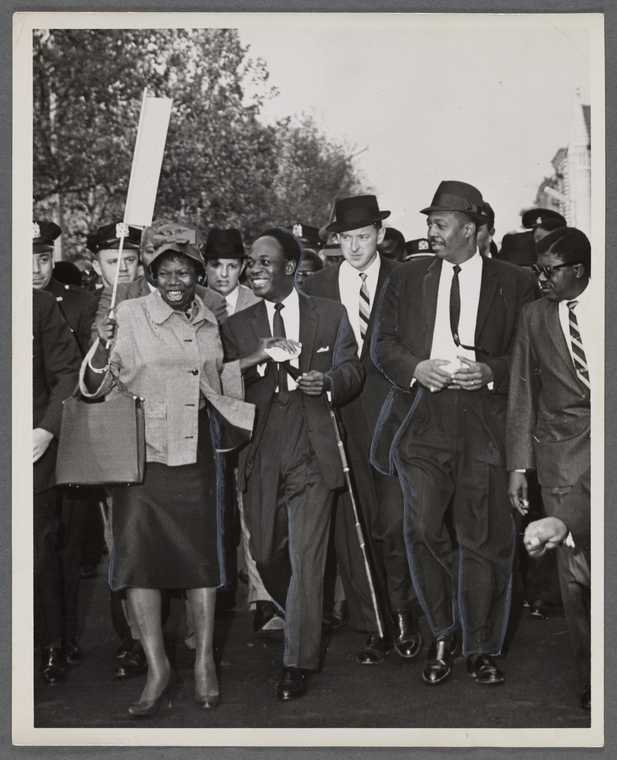
A pioneering voice in African unity, Nkrumah envisioned a “United States of Africa.” He believed only a continental government could safeguard Africa’s political and economic interests.
Julius Nyerere (Tanzania):

An advocate for gradual unification and sovereignty, Nyerere’s support helped bridge divisions between more radical and moderate member states.
Ahmed Sékou Touré (Guinea):
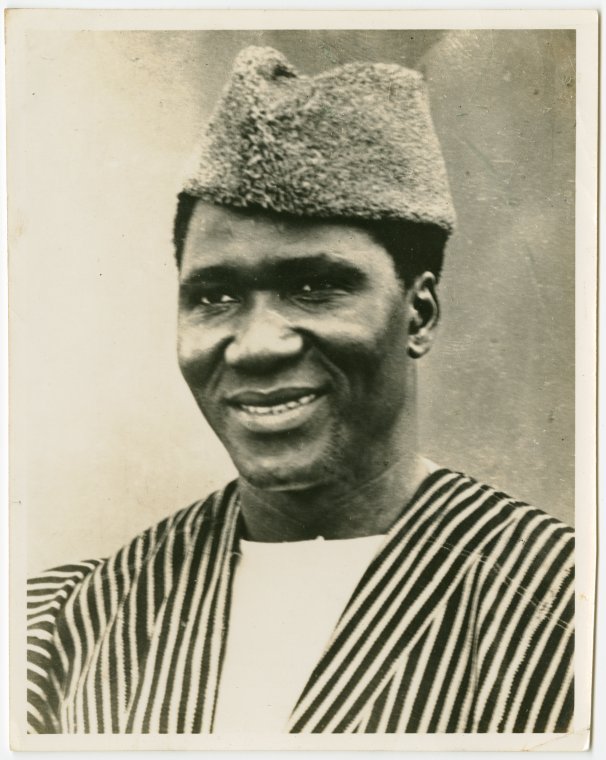
A staunch anti-colonial leader who aligned closely with Nkrumah’s pan-Africanist ideals and refused neo colonial ties to France.
Gamal Abdel Nasser (Egypt):
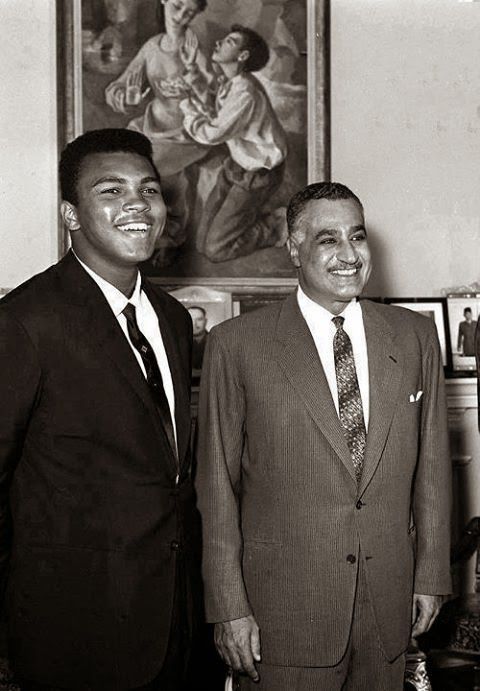
A revolutionary Arab nationalist whose backing gave the movement a North African foundation and global influence.
Despite its symbolic strength, the OAU had limitations. It was often criticized for being toothless—unable to intervene effectively in conflicts or enforce democratic standards. As globalization intensified and new forms of neocolonialism emerged, African leaders recognized the need for a more robust and responsive continental body. In 2002, the African Union (AU) was launched in Durban, South Africa, replacing the OAU. Its creation marked a shift toward institutional reform.
Africa Day: A Symbol of Liberation and Hope
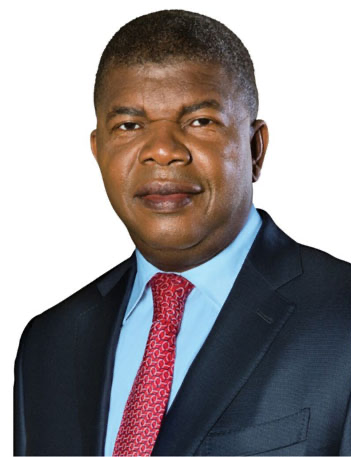
The creation of the OAU on May 25 led to the first official Africa Liberation Day, later renamed Africa Day. It was a continent-wide reaffirmation of the goals of freedom.
Over the years, Africa Day has evolved to commemorate the struggle for liberation while highlighting ongoing efforts in governance, youth empowerment, economic growth, and cultural revival. This year’s Africa Day theme, “Revisiting Our History, Shaping Our Future,” serves as a profound reflection on the continent’s journey and a call to action for a more just and equitable future. So much has been going on in the continent, especially as Burkina Faso emerges as one of the most watched sites of political transformation in the region. What this theme does is to emphasize the importance of leveraging historical understanding to inform future strategies, aiming to empower African nations to take control of their destinies.
Leaders Who Continue the Legacy of Pan-Africanism
While the founding fathers of African unity established the ideological and political bedrock of pan-Africanism, a new generation of leaders, thinkers, and activists continues to advance this vision in a world shaped by globalization.
Thomas Sankara (Burkina Faso)
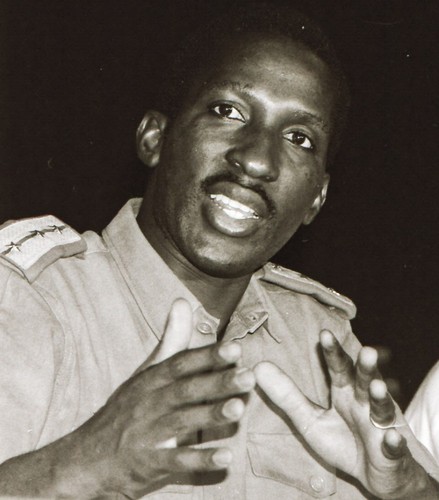
Though assassinated in 1987 at the age of 37, Thomas Sankara, the former President of Burkina Faso, remains one of the most iconic figures in postcolonial African thought. Known as “Africa’s Che Guevara,” Sankara’s radical policies of self-reliance, land redistribution, anti-corruption, and feminist inclusion challenged the political norms of the time. Today, Sankara’s speeches are shared widely by African youth on social media, and his legacy continues to influence pan-African social movements demanding economic justice, environmental sustainability, and anti-imperialist governance. His legacy has very much shaped Ibrahim Traore, who is currently leading a new wave of change in the continent.
Ngozi Okonjo-Iweala (Nigeria)
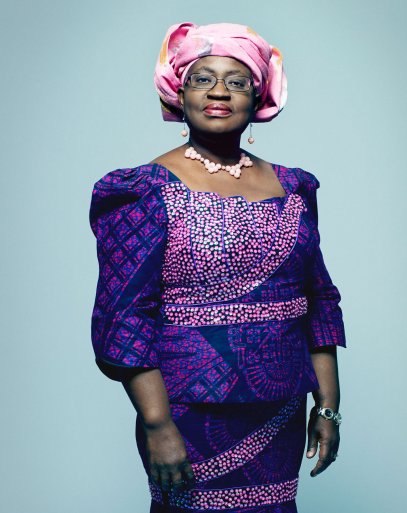
Dr. Ngozi Okonjo-Iweala, currently the Director-General of the World Trade Organization, embodies a new wave of African leadership on the global stage. As the first woman and the first African to head the WTO, she is strategically positioned at the intersection of global finance and trade policy. A former Finance Minister of Nigeria and Managing Director at the World Bank, Okonjo-Iweala has long advocated for debt relief, economic diversification, and transparency in African governance. Her tenure at the WTO has brought African concerns—such as vaccine equity, fair trade, and economic inclusion—into sharper international focus. She represents a generation of African technocrats who believe in changing global institutions from within and whose legitimacy rests not just on rhetoric, but on competence and global credibility.
Wangari Maathai (Kenya)
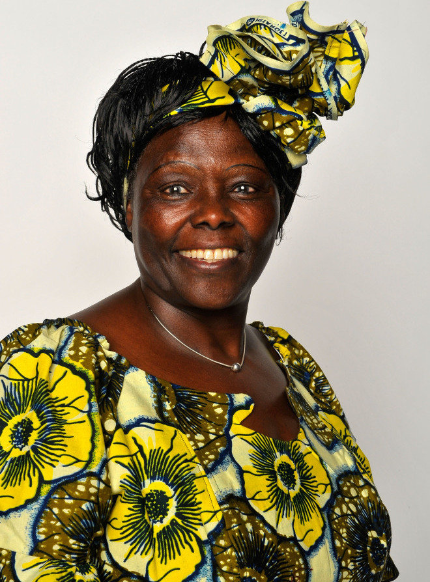
The late Wangari Maathai, the first African woman to win the Nobel Peace Prize, fused environmental justice with political liberation. Her Green Belt Movement, which planted over 50 million trees in Kenya, was a form of resistance against land grabbing, deforestation, and the disempowerment of rural women. Her work inspired a generation of African climate activists, many of whom today continue to fight for climate justice as a form of sovereignty and survival.
Africa Day is not just a reflection—it is a reminder. A reminder that the dreams of our forebears require constant renewal. As history continues to unfold, the challenge before us is clear: to shape an Africa that honors its past, reclaims its narrative, and builds futures defined not by extraction—but by imagination, innovation, and unity.